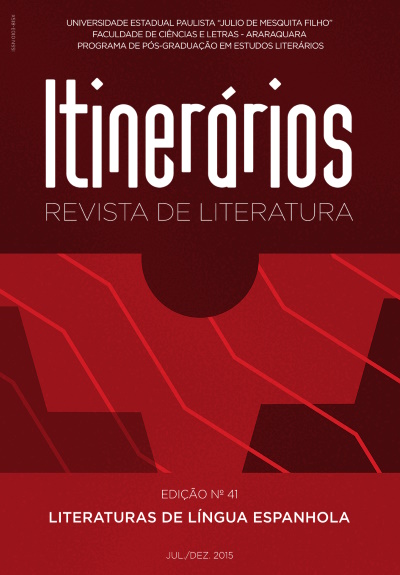The Argentinian novel and the Latin-American novel: the case Cortázar
DOI:
https://doi.org/10.58943/irl.vi41.8416Keywords:
Literary history, Latin-American novel, Argentine literature, Julio Cortázar,Abstract
We analyze Hopscotch’s impact on the Hispanic-American literary scene regarding its difference from the previous history of the novel in the continent. We explain such difference from the peculiar formation of Argentina’s modernist literary field, claiming that the diversity of its prose fiction from the 1920s and 1930s was a precondition for the later emergence of an author such as Cortázar, distanced as he was from the aesthetic models and expectations prevailing in the Spanish-language novel of the rest of the continent. We then suggest an “evolutionary” narrative of the novel in Argentina, aimed at explaining how the initial variety of their modernist prose had such long-term consequences, which would only become clear to foreign observers in the 1960s.Downloads
Published
01/03/2016
Issue
Section
Literatures in spanish
License
Os manuscritos aceitos e publicados são de propriedade da revista Itinerários. É vedada a submissão integral ou parcial do manuscrito a qualquer outro periódico. A responsabilidade do conteúdo dos artigos é exclusiva dos autores. É vedada a tradução para outro idioma sem a autorização escrita do Editor ouvida a Comissão Editorial.

